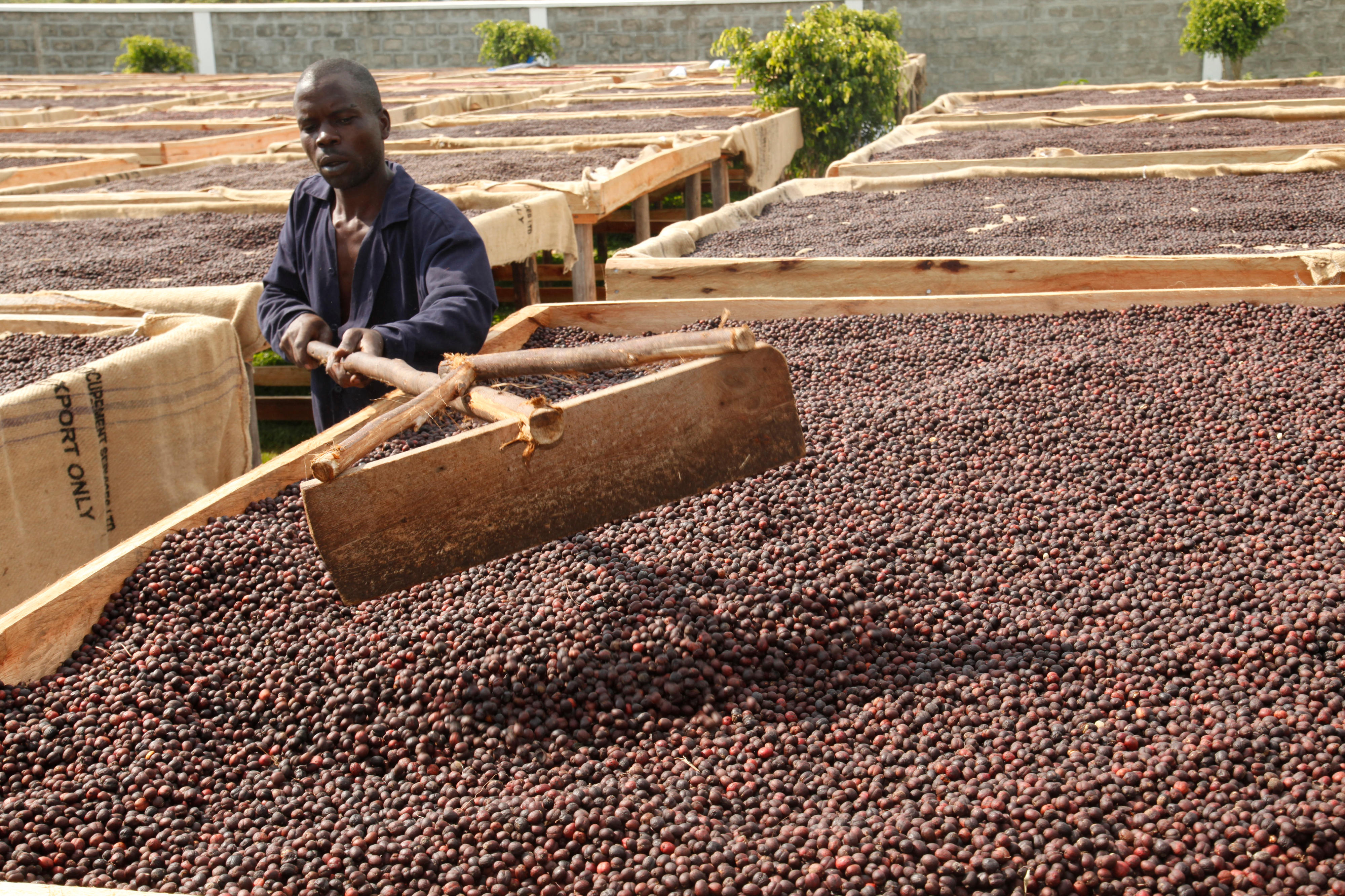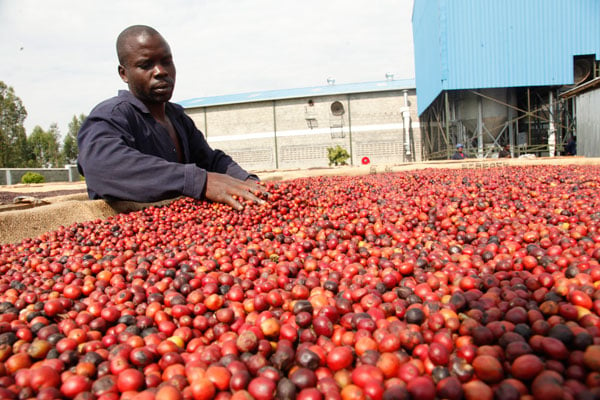We need capital - coffee players ask govt

Exports. Coffee is Uganda’s second leading export after gold since the Financial Year 2021/22. PHOTO / FILE
What you need to know:
- Coffee exports for 12 months (Financial year 2021/22) rose to 6.26 million bags worth $ 862.28 million despite drought up from 6.08 million bags worth $559.16 million in the previous year (Financial year 2020/21).
Stake holders in the coffee sub-sector want government to improve access to capital, among other issues, to realise the steep revenue targets of $2.2 billion a year by 2025.
Although government has tried to improve the coffee sub-sector by raising coffee production from 4 million 6o kg bags to 20 million 60 kg bags by 2030 and enacting the National Coffee Act, 2021, the sub-sector still faces challenges.
These include lack of affordable financing, limited value addition infrastructure and inconsistent government policies among others.
Farmers, cooperatives, researchers, innovators, roasters, cafe owners/baristas, processors, exporters discussed strategies to address challenges to value addition and exploring opportunities for private sector investment.
Top among the issues raised was, that although coffee volumes are rising, there is a big gap regarding maximising the equivalent revenue. That is evidenced by the $4 (Shs14,740) price per kilogram of speciality Arabica coffee in Uganda compared to other East African countries such as Kenya and Rwanda where a kilogram is priced at $8 (Shs29,480) for specialty Arabica coffee.
Speaking during the National Coffee Dialogue at Lake Victoria Serena Hotel, Kigo on Wednesday, Prof. Ezra Suruma, the chancellor of Makerere University, says, “Branding and the quality of our coffee appear to be the problem. There is need to improve on the reputation of our coffee, something our counterparts are thriving at.”
There is need for a stronger private sector lobby to represent the interests of the coffee farmers both domestically and internationally.
“We must be more aggressive to push the reputation of our coffee because it is good. However, sometimes, we are taken advantage of owing to lack of unanimous voice,” Prof. Suruma adds.
Affordable funds are needed to assist in value addition efforts if the projected revenue for the sector is to be realised.
Nonetheless, according to sector players, current bureaucracies are hindering access to funds through the Uganda Development Bank.
UCDA managing director, Dr Emmanuel Iyamulemye agrees that budget constraints are slowing down some of the operations.





